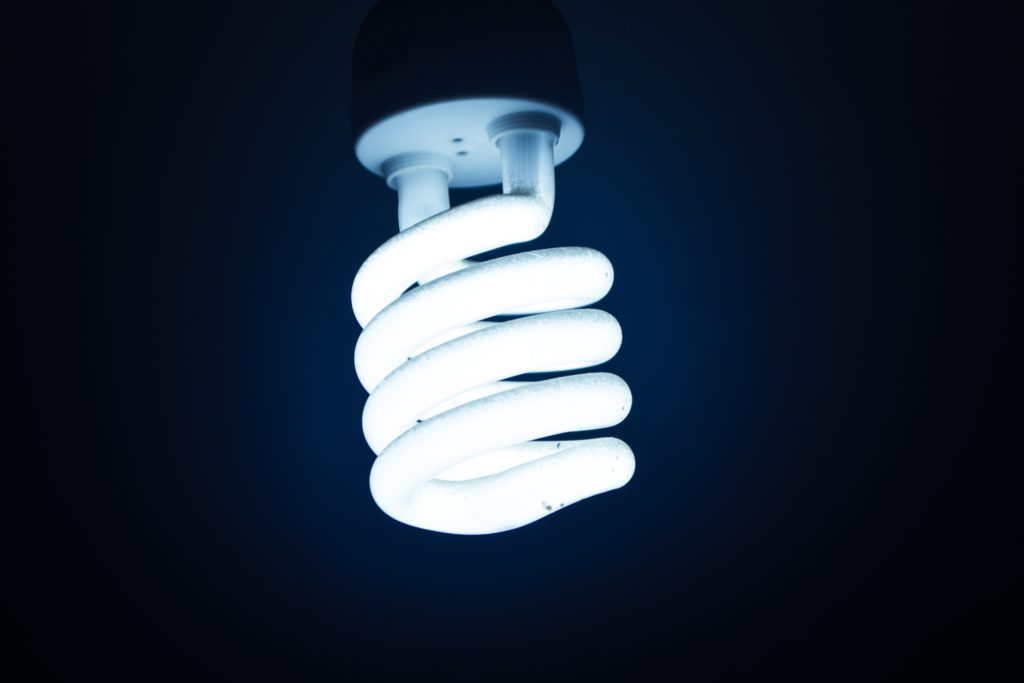Tips and Tricks on Saving Energy!
go.ncsu.edu/readext?620616
en Español / em Português
El inglés es el idioma de control de esta página. En la medida en que haya algún conflicto entre la traducción al inglés y la traducción, el inglés prevalece.
Al hacer clic en el enlace de traducción se activa un servicio de traducción gratuito para convertir la página al español. Al igual que con cualquier traducción por Internet, la conversión no es sensible al contexto y puede que no traduzca el texto en su significado original. NC State Extension no garantiza la exactitud del texto traducido. Por favor, tenga en cuenta que algunas aplicaciones y/o servicios pueden no funcionar como se espera cuando se traducen.
Português
Inglês é o idioma de controle desta página. Na medida que haja algum conflito entre o texto original em Inglês e a tradução, o Inglês prevalece.
Ao clicar no link de tradução, um serviço gratuito de tradução será ativado para converter a página para o Português. Como em qualquer tradução pela internet, a conversão não é sensivel ao contexto e pode não ocorrer a tradução para o significado orginal. O serviço de Extensão da Carolina do Norte (NC State Extension) não garante a exatidão do texto traduzido. Por favor, observe que algumas funções ou serviços podem não funcionar como esperado após a tradução.
English
English is the controlling language of this page. To the extent there is any conflict between the English text and the translation, English controls.
Clicking on the translation link activates a free translation service to convert the page to Spanish. As with any Internet translation, the conversion is not context-sensitive and may not translate the text to its original meaning. NC State Extension does not guarantee the accuracy of the translated text. Please note that some applications and/or services may not function as expected when translated.
Collapse ▲High energy bills can always be a headache on yourself and the environment. The more energy being used can consume way too much of our non-renewable resources, and hike up our energy bills. Luckily, everyone can work to conserve energy to help alleviate these problems with simple tips and trips from Cooperative Extension:
- Changing the light bulbs: Use compact fluorescents bulbs (CVL) instead of standard incandescent light bulbs. The CVL bulbs are more expensive, but they are cost-effective by using less energy and lasting for a longer period than that of standard incandescent bulbs
- Adjusting the water heater: Insulate your electric or gas water heater to curb constant heating of newer water. If you have a gas heater look for professional assistance for proper installation. You can also use an energy-saving showerhead that applies more force of the water while using less.
- Eliminate phantom energy usage: Some appliances still use energy even when being turned off like your television or your computer charger. Make sure to unplug these items when not being used or plug them into a power strip and turn of the power strip.
- Save energy on laundry: Wash and dry full loads of laundry. It helps to save on the heater water by using the cold-water cycle as much as possible. Also, if there is warmer weather, try to curb your use on the dryer by drying clothes outside.
By acting to follow some of these steps, you’ll help to lower those energy bills and help the environment a little more!





